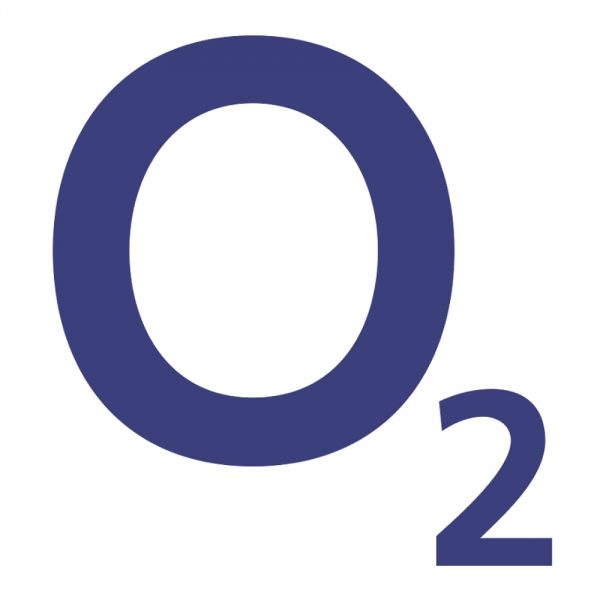BT Gets O2 UK Adverts Pulled by ASA for Misleading Price Claims

The Advertising Standards Authority (ASA) has, following a complaint raised by BT, banned two press adverts for mobile operator O2 UK after it promoted a special deal on a bundle with the Microsoft Surface Pro X and iPad devices, albeit without making all of the associated costs completely clear.
Both of the promotions, which were seen in February 2020, followed the same approach. For example, the press ad for O2’s iPad deal headlined with: “Chill out with the amazing iPad for less than £9 a month. For the first 3 months.” Small print at the bottom then added: “Each year your Airtime Plan will be adjusted on your April bill by the Retail Price Index (RPI) rate of inflation announced in the preceding February. Find out more at o2.co.uk/prices. £8.69 Device Plan for 36 months and £13 monthly rolling Airtime Plan.” Further text within the small-print added: “£8.69 per month for the first 3 months and £21.69 thereafter.”
However, the ASA noted that the small print at the bottom of the first ad featured “various different price claims relating to the device costs and airtime costs,” which makes for quite an ugly read. The above example stated “Upfront cost £20. Monthly Device Payment £8.69. Total Credit Amount £312.61. Total amount payable for device £332.61. Airtime Plan, today to March 2020 £13. Airtime Plan, April 2020 to March 2021. £13 + RPI announced in Feb 2020 = Price A. Airtime Plan, April 2021 to March 2022.” Further text within the body of the small print stated “£8.69 Device Plan for 36 months and £13 monthly rolling Airtime plan” and later “£8.69 per month for the first 3 months and £21.69 thereafter“.
Advertisement
“While we acknowledged that bold text at the top of the small print stated “Each year your Airtime Plan will be adjusted on your April bill by the Retail Price Index (RPI) rate of inflation announced in the preceding February”, we considered that was not sufficiently prominent as the headline claim in the ad did not link to the qualification in any way.
Because the ads did not make sufficiently clear the upfront costs and the monthly costs of the products after the first three months, and did not make clear the mid-contract price increase, we concluded that the ads were misleading.”
As usual the ASA banned the promotion in its current form and told O2 to ensure that future promotions didn’t read like one of those ugly maths problems from school made the on-going monthly and total costs, as well as any mid-contract price increases, clear. The operator was also told to ensure that they linked the headline price claim to the qualifying text about the RPI increase.
Mark is a professional technology writer, IT consultant and computer engineer from Dorset (England), he also founded ISPreview in 1999 and enjoys analysing the latest telecoms and broadband developments. Find me on X (Twitter), Mastodon, Facebook, BlueSky, Threads.net and Linkedin.
« Progress on BDUK Plan for £5bn UK Gigabit Broadband Rollout
Sky UK Adds “Smart New Features” to Sky Q TV Box Platform »






















































How come the ASA stick up for BT but won’t stop them calling FTTC ‘fibre’. It isn’t fibre broadband if it comes down a phone line.
Let’s try to keep this on topic Chris 🙂 , thanks.
Has OFCOM been on holiday since March? I mean if BT complained about this in February, its took them a long time to actually do anything about something hasn’t it?
Nothing to do with Ofcom, this is the ASA’s remit, but they are notoriously slow even without the recent impact from COVID-19. In fairness, it does take time to get a full response from operators too and sometimes those operators dispute the findings.
Advertisers are on a par with politicians for their headline ‘Lies’ Just be honest and pitch your deal, stop burying the truth in the detail.
These low price for a short period deals arent particularly a good thing for consumers anyway, If you cant afford a 20 quid a month for the next 3 months now for an IPad, why do you think you will be able to afford it for the next 3 years.
I’m in complete agreement with you.
If you can only afford the headline price and that is significantly less than what one will be required to pay for the majority of the contract, then one cannot afford it.
How is it even reasonable to headline a price that applies to only months of a 36 month contract?
Here you can have a Rolls Royce for £50 per month for 3 months! (In small print) Followed by 33 months at £2550 per month!
It’s ridiculous.
These pricing structures now make the teasing of it in the likes of Fonejacker “Internet service providings” seem positively tame.
“It’s free to join except for the one-off joining fee of £40.
Then the monthly payments of £42 per month for the first month, then it’s £18 for one month and then 43 payments of £92 for the next 367 months.”
We’re living this. This is where we’re at. Headline offers that don’t in any way shape or form provide a realistic impression of the actual cost. I’ve ranted and said this before but the ASA is a toothless, underfunded body and a complete waste of space in its current form. These adverts and anything like it, with grabby headlines and reams of mind bogglingly complex charges in small print should simply be banned. Not banned after being aired or released, I mean BANNED from being used in the first place.
They are simply traps and demonstrably unfavourable for consumers. They’re inherently misleading. Advertising is meant to increase awareness and entice, it is not supposed to be misleading.